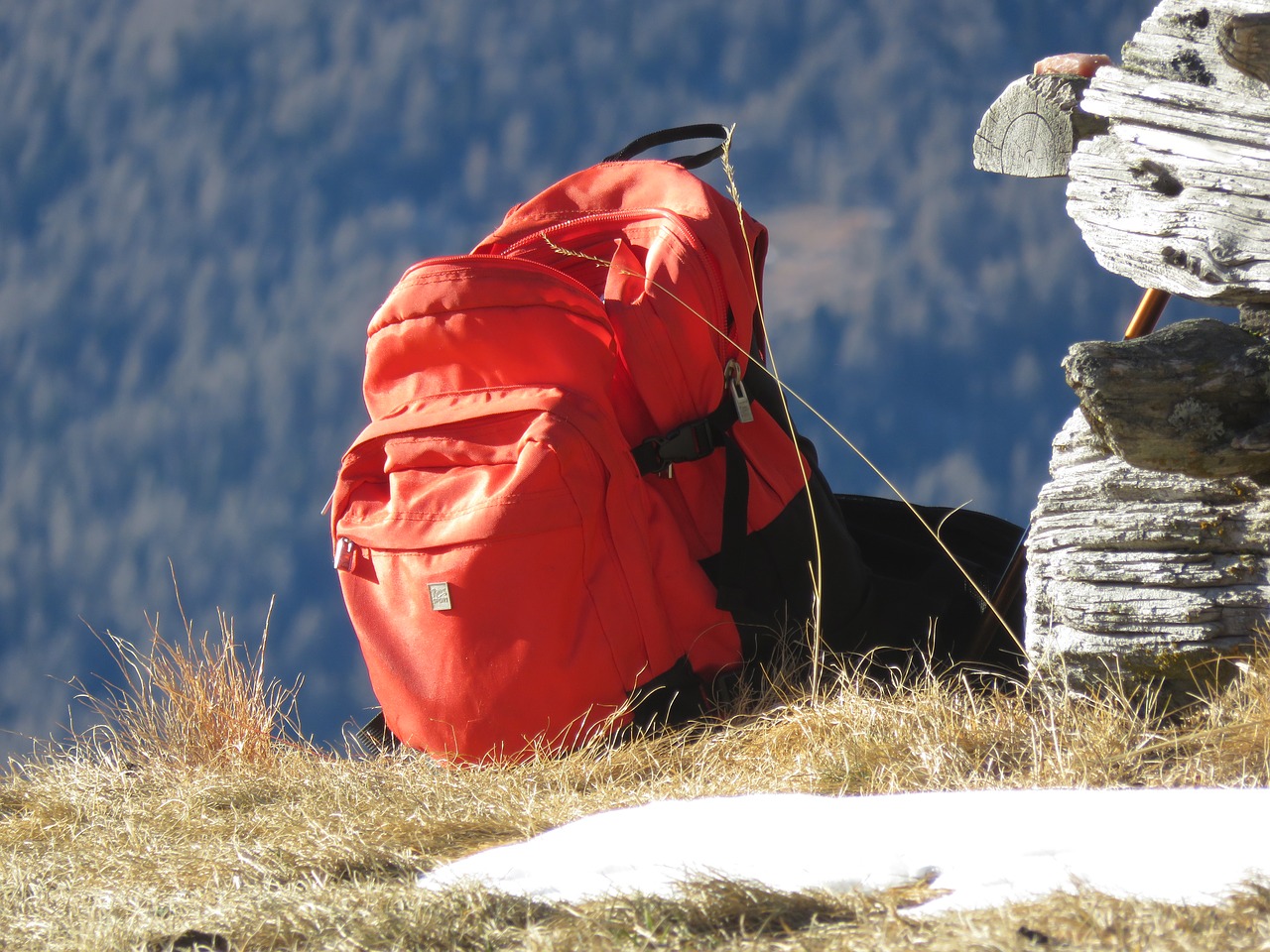

The essentials to have when hiking
Hiking is good, but only if you are well prepared and have thought about bringing everything you need with you. But how do we know if we haven’t forgotten anything? Fortunately, Sentiers de France reminds you in this article of the essentials to have when you go hiking, because even the most obvious things can […]
Hiking is good, but only if you are well prepared and have thought about bringing everything you need with you. But how do we know if we haven’t forgotten anything? Fortunately, Sentiers de France reminds you in this article of the essentials to have when you go hiking, because even the most obvious things can be forgotten.
THE EQUIPMENT
Of course, have good walking shoes, such as mountain boots with a fairly stiff and notched sole, which hold your ankle well. If you don’t already have them, buy them in a sports shop where you will be carefully advised a month or two before your departure, the aim being that you are comfortable in them and that you “do” them by walking as often as possible with them, before your stay. Also remember to bring special socks for walking.
Another essential piece of equipment, an isothermal water bottle for each hiker! Walking for a certain amount of time requires physical effort and your body will thank you if you keep it hydrated throughout the day.
Don’t forget in your luggage a sweater for cool days or evenings, as well as a waterproof jacket for rainy days. Also bring a cap and sunglasses, as well as sunscreen.
Finally, the basis of your stay will be in your logbook, which you will be given about ten days before your departure. It is composed of :
- IGN maps to the 25000th or extracts of maps which will help you to follow your itinerary.
- a detailed description of each step. We propose an itinerary that you will be free to follow or not to follow. We also indicate the sites or curiosities not to be missed.
- practical information that will make your life easier (access to the first hotel, garages, car parks, etc.).
- contact details of the hotels that will welcome you and the taxis that will transfer you from one site to another and/or transport your luggage.
- a map of the city where you will be staying
- the list and history of monuments to visit on the way or in the stopover town.
PRACTICAL SIDE
A good backpack with a dedicated pocket for the water bottle! When we walk we are thirsty, and it is not very practical to have to open our bag continuously to refresh ourselves. Favour a backpack for a daily walk of 30 to 40 litres because it should also contain your lunch and at least 2 to 3 litres of water per person.
If you approach the mountain, a telescopic pole can be a precious complement which will help you to go up (by pushing on your arms) and will reassure you in the descents or delicate passages.
Always have a few plastic bags to put your rubbish in, which you will throw in a bin at the end of the day at the stage or in a village. Because enjoying the scenery and walking around is good, but leaving it clean is better!
Finally, take a first-aid kit containing at least one disinfectant, a few adhesive and anti-blister bandages and an anti-mosquito product. Also remember to bring tissues.
For more information and advice, don’t hesitate to consult our instructions for use, which will help you prepare serenely and make your hike a success.

